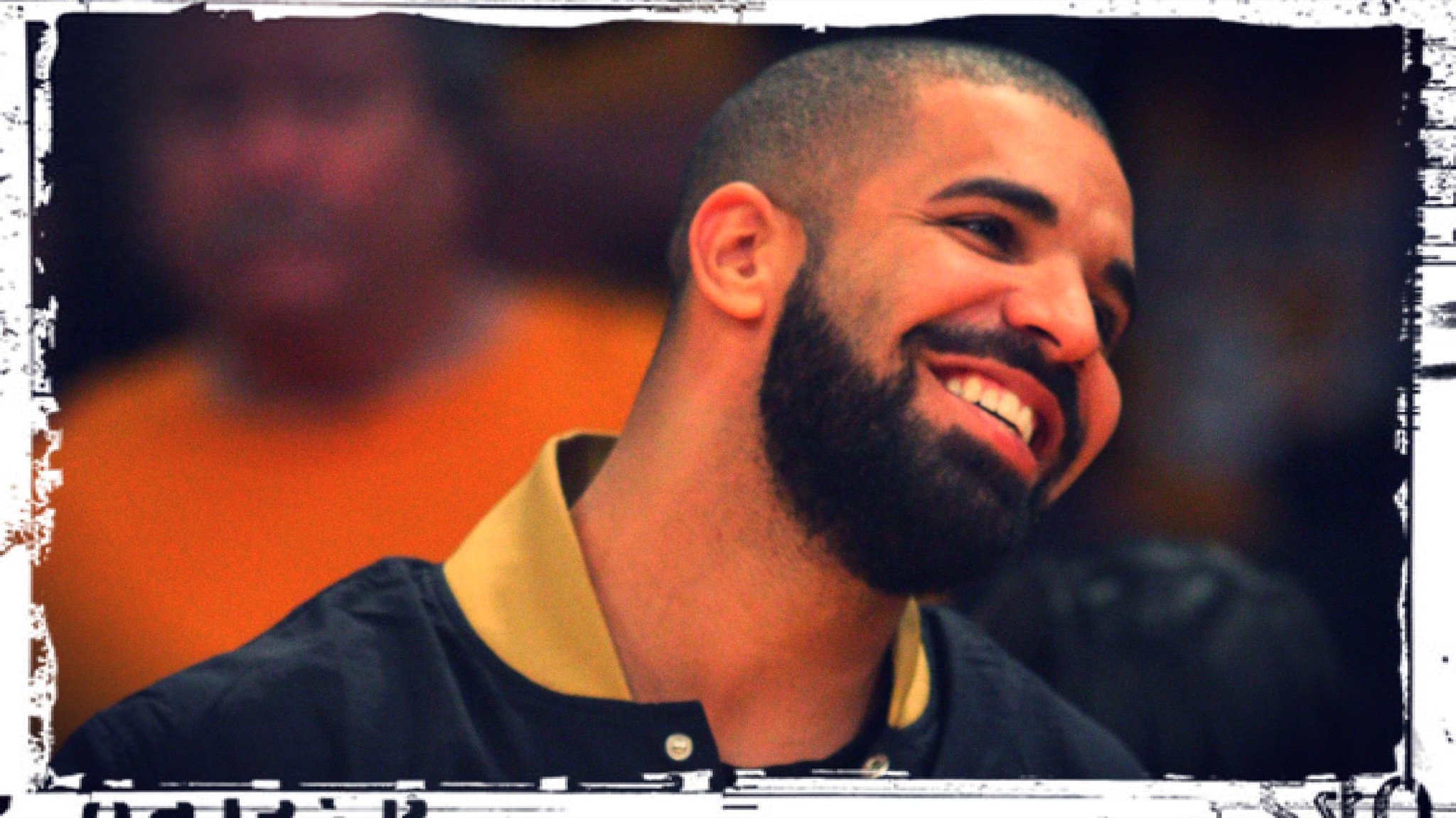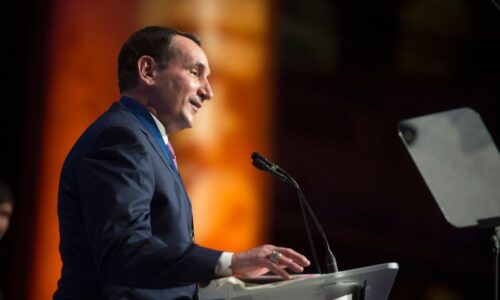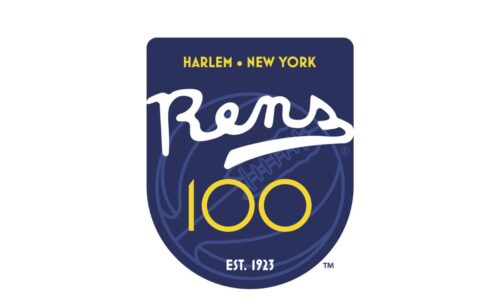If you’re not a basketball fan right now, you’re missing out. For the first time since they were founded in 1995, the Toronto Raptors have advanced to the National Basketball Association final and excitement for the game in Canada has never been higher.
This outcome was very much the vision of John Bitove, one of the founders of the Toronto Raptors, who said the ultimate goal of the organization would be to win an NBA championship. But more than that, it would be to recognize basketball as a major national sport in Canada.
Hockey has traditionally been seen by most people — both inside and outside of the country — as the sport that most defines Canada. Fans have often been sold the idea that hockey players are what a Canadian is or ought to be. For many fans, national pride is attached to this descriptor.
The historical and cultural significance of hockey means it will always be a Canadian sport. But because of the changing demographics of the Canadian population, anecdotal evidence suggests some fans are starting to seek national identity through basketball. A few reasons underpin this new identification.
Changing demographics
First, Canada is becoming more diverse. According to the latest census data, 21.9 per cent of Canadians reported being or having been an immigrant or permanent resident. Statistics Canada predicts this number to reach 30 per cent by 2036. The Indigenous population is growing at more than four times the rate of the non-Indigenous population.
Also, 7.7 million Canadians check “visible minority” on their census forms, representing 22.3 percent of the population. These numbers are higher in Toronto, which is one of the top sports cities in Canada. The census data showed more than half of Torontonians identify as a “visible minority.”
The changing demographics are impacting Canada’s identity as a nation. From the 1950s to the 1980s, it could be argued that the three major pillars of Canadian identity were the country’s role as UN peacekeepers, its universal health-care system and the threat of Québec separation. Although health care remains a pillar, multiculturalism now ranks as a core Canadian identity.
Kawhi Leonard has spoken about being inspired by the legacy of Earl Lloyd, the first African-American to play in the NBA, and coaches and teachers have spoken about the rise of basketball for youth in the Greater Toronto Area.
The global expansion of basketball
Basketball is a more global game than hockey and therefore more familiar to many new Canadians.
The NBA televises its games in 215 countries and territories and in 50 languages. About 300 million people play basketball in China, and the NBA says 30 per cent of its paid live-streaming subscription service comes from Asia.
Another global expansion of the NBA is in India. There are about seven million Facebook fans in the country who follow the sport. The NBA has a partnership with Sony SIX, an Indian sports channel that airs 350 live games on its platform. Roughly six million kids and 5,000 coaches are given the opportunity to learn the sport of basketball through the league’s developmental program.
And the NBA’s recent expansion into United Kingdom has drawn a lot of attention. The league has signed a new partnership with Sky Sports to show games. “We’re also partners in terms of their digital platforms and hugely excited about that … we see an opportunity through the entire Sky system to continue promoting the NBA throughout Europe,” said NBA commissioner Adam Silver.
Fans want to watch winners
The idea that some Canadian fans are starting to seek national identity through basketball is not only limited to the changing demographics and the global expansion of the sport. Fans simply want to watch winners — research shows that winning is a predominate predictor of fan desire for sport.
The Toronto Raptors have certainly proved to be exciting to watch. They made it to the NBA playoffs in the last six years, and are now finally taking centre stage as they face the defending champions, the Golden State Warriors.
Fans revel in a team’s success despite having done nothing tangible to bring the team success, a phenomenon known as basking in reflected glory. Social psychologists posit that fans use a sport team’s success to enhance their self esteem.
Whether or not the Raptors win the NBA championship, expect expressions of fandom and national pride to continue during the next few months with Canadians wearing a Raptors jersey while on vacation or hosting celebration parties with other fans. These displays of unity and Canadian culture are gratifying to see.
Let’s go Raptors! ![]()
Ryan Snelgrove, Professor of Sport Business, University of Waterloo and Vinu Selvaratnam, Master of Arts Candidate, Recreation and Leisure Studies, University of Waterloo
This article is republished from The Conversation under a Creative Commons license. Read the original article.





